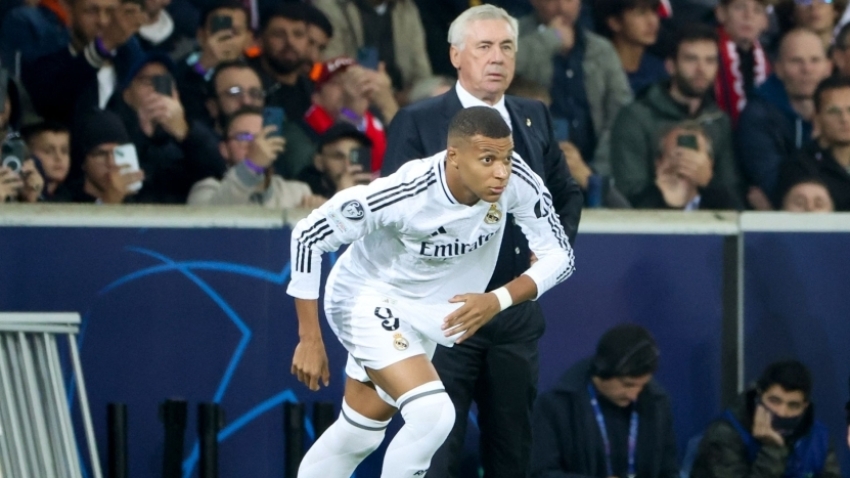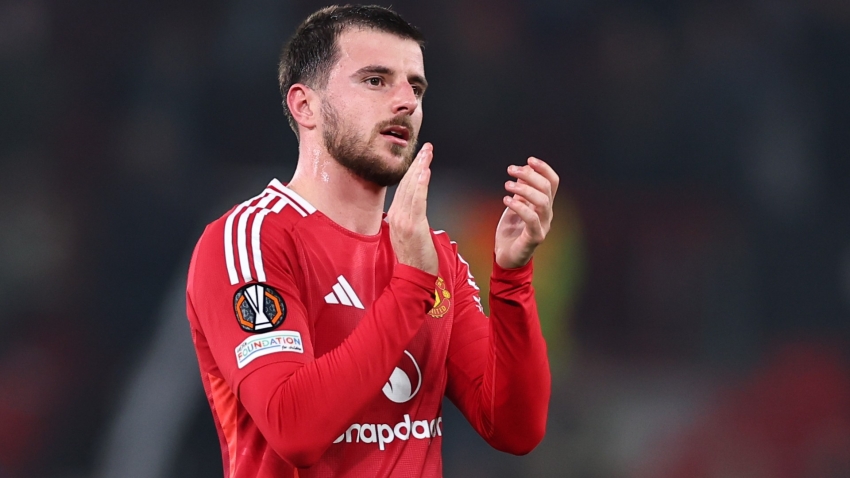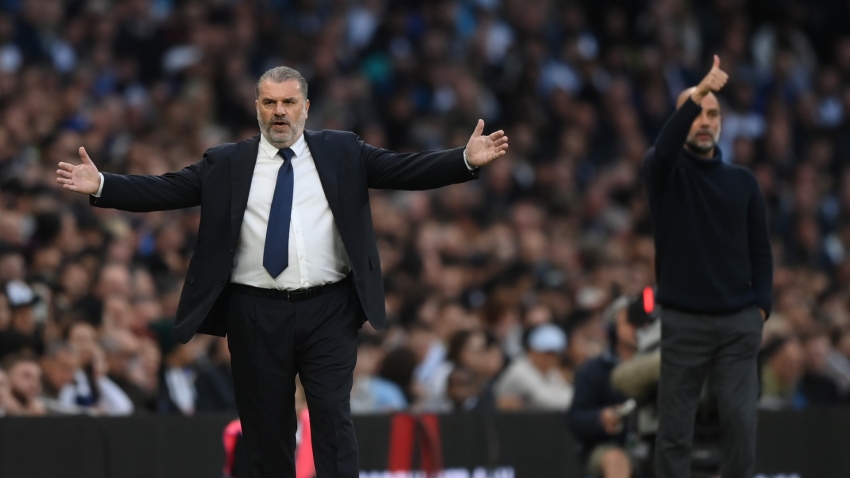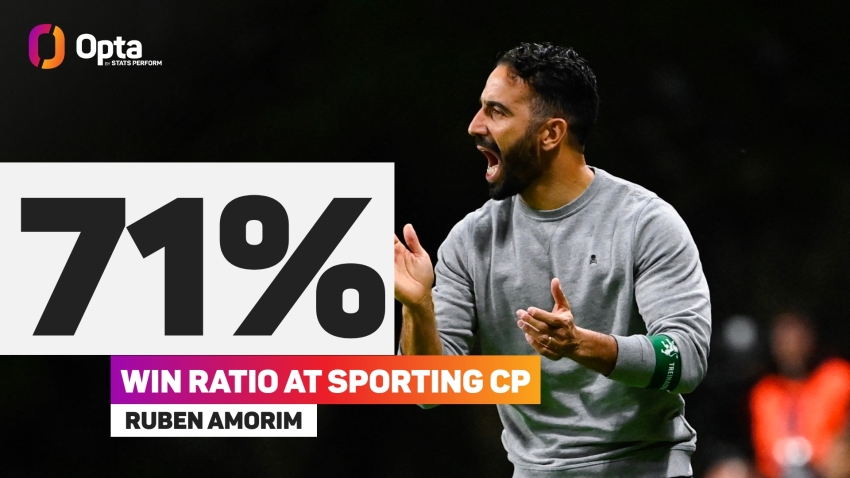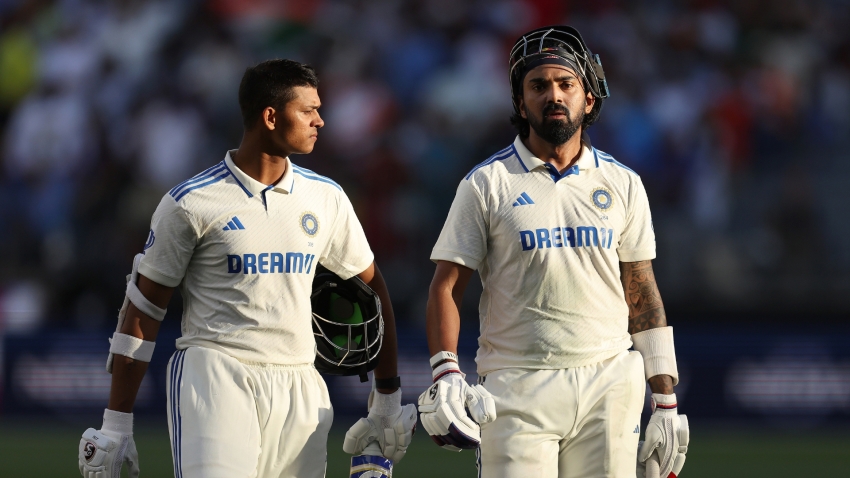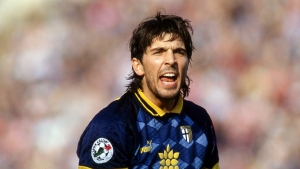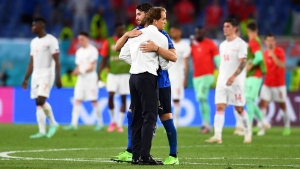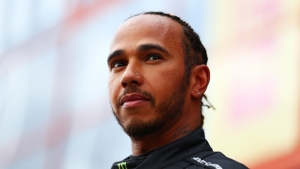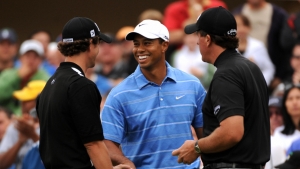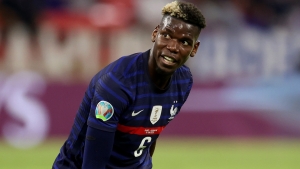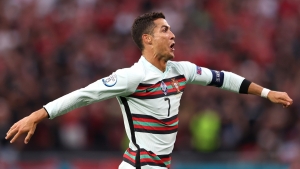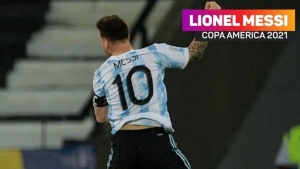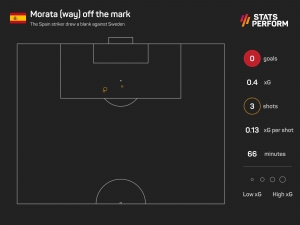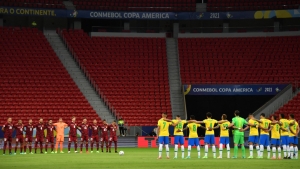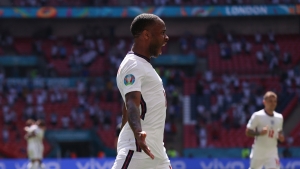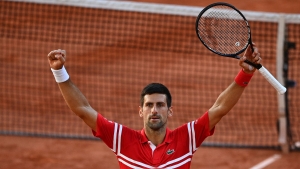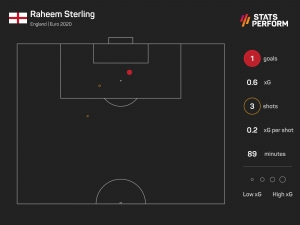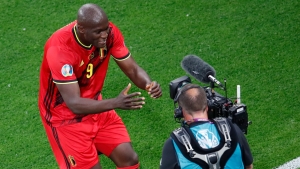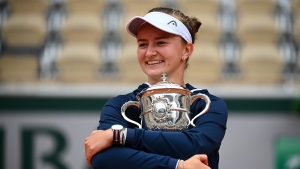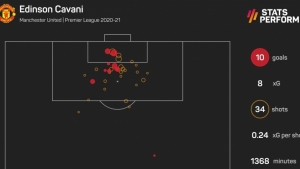Tiger Woods began his U.S. Open bid with a double bogey in 2008 at Torrey Pines – "a terrible start", said the man who four days later took the title in a sudden-death play-off, after he and Rocco Mediate could not be separated in a two-man fifth round.
The 18-hole play-off scenario is now history, so there will no repeat of such a marathon effort as the major returns after 13 years to the San Diego course this week, and there will be no Woods either.
That 2008 triumph was a 14th major for the American, yet he had to wait another 11 years until the 15th arrived, the man who once seemed booked in to take the major titles record away from Jack Nicklaus having seen perceptions of his life switch from fairy tale to soap opera.
Woods in 2008 was privately fighting the pain of a double stress fracture of his left tibia that he kept under wraps. Yes, he won the U.S. Open with a broken leg.
Whoever lifts the trophy this Sunday is unlikely to have to overcome the tribulations that faced Woods across that long weekend, and the superstar's absence is sure to be felt ... until the first round begins to take shape and a new narrative plays out.
Back in 2008, tournament organisers upped the intrigue by grouping Woods, Phil Mickelson and Adam Scott – the world number one, two and three – together for the opening two rounds.
Local favourite Mickelson recalls the moment when Woods fluffed his opening hole.
"I thought that was pretty inspiring the way he didn't let that affect him," Mickelson said this week. "He stayed to his game plan, stayed focused, stayed patient, and ended up kind of picking his spots where he could get a shot back here or there, and he did, and he ended up winning. That's impressive."
After completing his opening round, Woods said his mindset after shooting six at the first was to "just be patient, long way to go", and he finished one over par.
By the end of day two, Woods stood tied for second place, with Mickelson and Scott in a group sharing 35th position.
"The atmosphere for the whole 36 holes that I played with Phil and Tiger was incredible," Scott recalled earlier this year. "But Thursday morning the energy around the first hole was like I can't compare it to anything else actually.
"It was not even like teeing off at the Masters or anything like that. The build-up ... Tiger obviously being Tiger and Phil, the local hero, one, two and three in the world, of course I was like the third wheel hanging off the back, but it was really fun to be a part of that."
Of course Woods is a once-a-generation talent, but should anyone make a similarly poor start this week, it would be wise to take the blow on the chin and move on.
This course, the long-time home of the annual Farmers Insurance Open, should reward a steady temperament.
Mickelson, fresh from his shock victory last month at the US PGA Championship, where he became the oldest winner of a major, described the Torrey Pines greens on Monday as "very challenging".
"There's a lot of pitch, a lot of contour, and as they get firmer, they're significantly firmer than just the last two days," he said.
"It's very difficult to get it to some of the pin positions, and it's going to be a difficult test. As long as it is at sea level it's going to be a difficult task, but it seems like the set-up is pristine, and it's going to be a fun, very difficult challenge."
WHO WILL WIN THIS TIME?
With Woods out of the picture, recovering from the car crash he was said to have been fortunate to survive in February, there will be no repeat of his famous success 13 years ago.
Woods has won the Farmers Insurance Open a record seven times too, so he would have been relishing this week. Brandt Snedeker and Jason Day are both two-time winners of that tournament, and Mickelson has been champion three times, but not since 2001.
Mickelson is seeking the trophy that would give him a career grand slam, but it seems fanciful to expect him to challenge, having rarely been a factor in the majors in recent years until his unexpected win at Kiawah Island.
Stats Perform has taken a combination of factors to build a list of potential contenders, assessing past performance at the Farmers Insurance Open but also weighting displays in majors and recent PGA Tour form.
These scores are built around performance at Torrey Pines from 2016 to this year.
In the calculations, top-10 finishers at the 2021 Farmers Insurance Open receive points on a scale from 15 for the champion down to six points for 10th place. This decreases on a year-by-year sliding scale to 10 points for the 2016 tournament winner and one point for 10th place in that event.
There is also two points awarded per top-10 finish on the PGA Tour in the 2021 season, and substantial points availability for recent major success (10 points per major title in 2020 and 2021, 8pts in 2019, 6pts in 2018, 4pts in 2017, 2pts in 2016).
Not all players in the U.S. Open field have played the Farmers Insurance Open each year, and some are rarely active, if at all, on the PGA Tour, but this may give an inkling of the players who could come into contention at the year's third major.
TONY FINAU, 52 points: Finau followed up three top-10 results at the Farmers (2017, 2018, 2020) by finishing a joint runner-up in 2021, pointing to a clear liking for the course. How he enjoys it later in the year than he usually encounters Torrey Pines remains to be seen. Finau also has seven top-10 finishes of tour in the 2021 season.
JON RAHM, 52 points: His first major title is arguably overdue, given his talent and week-by-week results. Rahm was Farmers champion in 2017 and runner-up in 2020, also finishing top 10 in 2019 and 2021. He has a tour-leading 10 top-10 finishes this season, and would surely have had a win at the Memorial Tournament earlier this month before a positive COVID-19 test ended his title charge after 54 holes.
PATRICK REED, 42pts: This year's champion at the Farmers Insurance Open, Reed was also top six there in 2020, has had six top-10 results on tour this season and landed a Masters title in his not-too-distant past.
RYAN PALMER, 33pts: Palmer tied for second earlier this year at Torrey Pines, just as he did in 2018. Those performances and his four top-10 finishes on tour this year make him perhaps the surprise name on this list.
BROOKS KOEPKA, 32pts: Koepka missed the cut this year at the Farmers and did the same in 2017, and he did not play the tournament in the intervening years. Although Koepka has little left to prove in a wider sense – his mountain of points here is accrued through past major wins and a healthy batch of top-10s this season – he has yet to master Torrey Pines. Koepka has also missed the cut at three of his most recent four tournaments this year.
RORY MCILROY, 31pts: Top-five finishes at the Farmers in 2019 and 2020 augur well for McIlroy, and his five top-10 finishes on tour this season is a tally he will aim to add to over the coming days. It may be asking a lot to expect him to carry off the title, but another high placing would seem realistic.
Next on the list: Justin Rose (30pts), Brandt Snedeker (29), Viktor Hovland (26), Xander Schauffele (26), Jason Day (25), Marc Leishman (25), Hideki Matsuyama (25) and Keegan Bradley (24).






